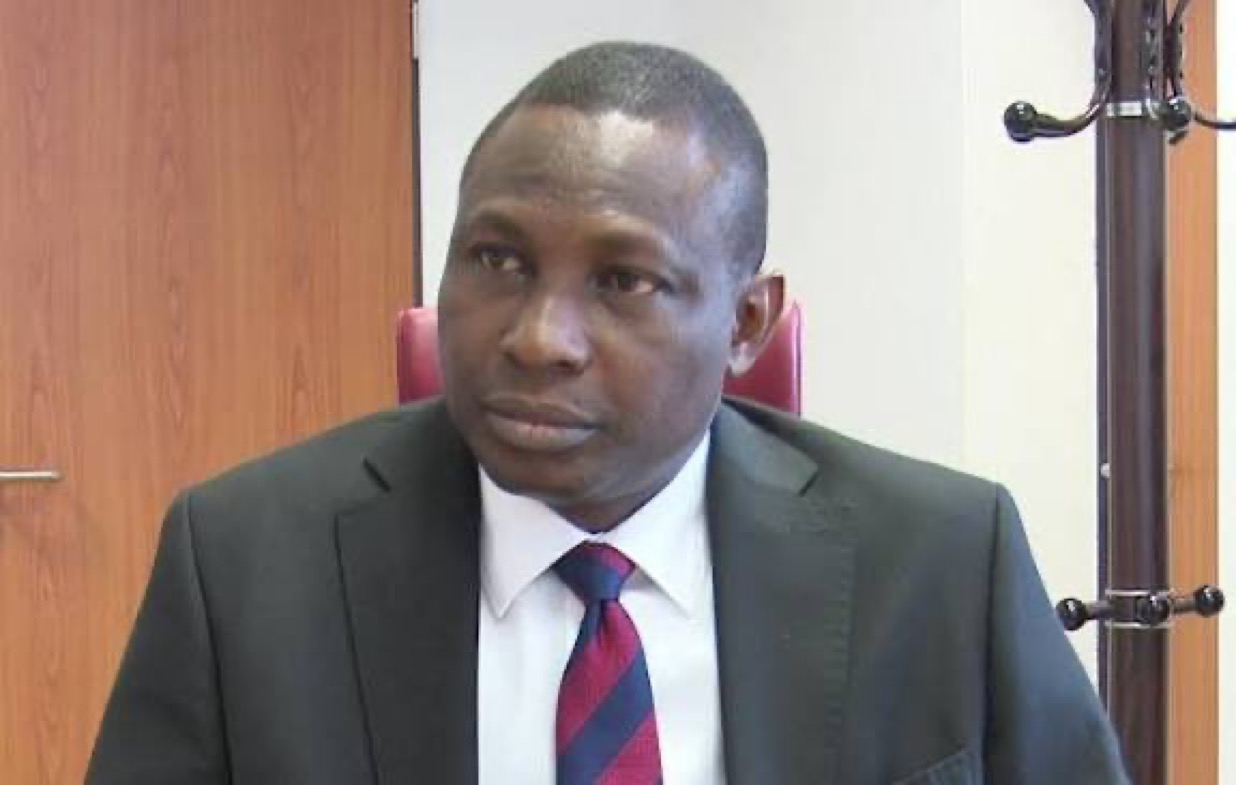

The Economic and Financial Crimes Commission (EFCC) has made a striking revelation that is already stirring conversations across the country. According to the anti-graft agency, the rapid rise in cybercrime among Nigerian youths can be traced to two major behavioral roots — laziness and greed. This statement, delivered during a press briefing at the commission’s headquarters, paints a sobering picture of how a generation once praised for its creativity and digital brilliance is now being accused of turning that same innovation toward illegal ends.
In recent years, Nigeria’s name has frequently appeared in global cybercrime reports, with multiple arrests, internet fraud cases, and online scams drawing international attention. The EFCC’s latest statement comes at a time when public concern over the increasing involvement of young Nigerians in online fraud — popularly known as Yahoo Yahoo — is reaching new heights. The agency did not mince words in expressing its disappointment, describing the current situation as a product of moral decay, misplaced priorities, and an obsession with fast wealth.
According to the EFCC spokesperson, the majority of young people now seek overnight success without a willingness to put in the necessary hard work. “The average young person today wants to buy a car or build a house without having earned a kobo legitimately,” the official said. “Instead of learning a skill, starting a business, or getting an education, they look for shortcuts. It’s a dangerous mindset — one driven by laziness and fueled by greed.”
The statement sparked immediate reactions across social media platforms. On X (formerly Twitter), Nigerians voiced mixed feelings about the EFCC’s comments. Some users agreed wholeheartedly, arguing that the agency had spoken the truth, and that many young people had indeed fallen into a culture of materialism and get-rich-quick mentalities. “We can’t deny it,” one user wrote. “Everyone wants to ‘blow’ by any means. Music, fraud, betting — nobody wants to build slowly anymore.”
Others, however, saw the EFCC’s remarks as unfair and hypocritical. Critics accused the agency of ignoring the deeper socio-economic issues that push many young Nigerians toward cybercrime. They pointed to high unemployment rates, low wages, and lack of opportunities as major driving forces. “It’s not laziness, it’s frustration,” another user replied. “When you graduate with good grades and stay jobless for years, you start looking for any way to survive. Blame the system, not the youths.”
This debate is not new. Over the years, conversations about Yahoo Yahoo have divided public opinion. Some see it as a moral crisis that threatens Nigeria’s image, while others view it as a desperate response to economic hardship and government neglect. The EFCC, however, maintains that no level of poverty justifies crime. The agency insists that young people must reject excuses and rediscover the values of diligence, patience, and integrity.
Officials further emphasized that cybercrime is not only illegal but deeply destructive to the country’s reputation and future. The EFCC lamented that Nigeria’s tech-savvy youth, who could be building start-ups, creating apps, or innovating in fintech, are instead channeling their intelligence into fraudulent schemes. “It’s a tragedy,” the spokesperson said. “The same energy being used to hack emails or create fake websites could make them millionaires legitimately if they applied it to software development or digital marketing. But laziness makes crime look easier.”
In a bid to combat the rising wave of cybercrime, the EFCC revealed plans to strengthen its Cybercrime Unit, intensify digital surveillance, and collaborate with international law enforcement agencies to track and arrest offenders. The agency also announced new educational outreach programs aimed at sensitizing students in secondary schools and universities about the dangers of online fraud and the long-term consequences of illegal wealth.
But beyond enforcement, the EFCC is calling on parents, teachers, and religious leaders to join the fight. The agency believes that moral reorientation must begin from the home, as many parents now turn a blind eye to their children’s suspicious lifestyles as long as money is flowing in. “When a university student who doesn’t have a job suddenly starts driving an expensive car, the question should not be ‘where did you buy it?’ but ‘how did you afford it?’” the statement read. “We must stop glorifying crime in our homes and communities.”
Meanwhile, some security analysts have cautioned that moral preaching alone will not solve the problem. They argue that the EFCC’s labeling of young people as “lazy” risks alienating an entire generation instead of inspiring reform. “Yes, greed plays a role,” one expert commented, “but so does hopelessness. Many young Nigerians are products of a broken economy. Calling them lazy might sound bold, but it doesn’t address why a hardworking graduate can’t find work for five years. Cybercrime thrives in environments where legitimate opportunities are scarce.”
The numbers tell a grim story. Over 70% of Nigeria’s population is under the age of 35, and youth unemployment remains one of the highest in the world. The desperation to escape poverty — combined with peer pressure and social media glorification of luxury lifestyles — has made cybercrime alluring to some. From Instagram flaunts to online betting, a culture of instant gratification is growing, often blurring the lines between ambition and greed.
Still, the EFCC insists that every youth has a choice. The agency reminded the public that thousands of young Nigerians are making honest breakthroughs in tech, music, fashion, and agriculture, proving that success without crime is still possible. “We must not let fraudsters define our youth,” the spokesperson concluded. “There are brilliant Nigerians creating apps used around the world, winning scholarships, and building businesses from scratch. That is the true Nigerian spirit — hardworking, creative, and resilient.”
In the aftermath of the EFCC’s statement, public discourse continues to rage. Some are calling for reform within the agency itself, urging the EFCC to lead by example in transparency and fairness. Others believe the message, though harsh, was necessary — a wake-up call to a generation caught between hardship and temptation.
As the debate unfolds, one truth remains clear: Nigeria’s youth stand at a crossroads. The same digital skills that power fraud could also power innovation. The same hunger for success that drives shortcuts could, with the right direction, drive progress. Whether laziness and greed continue to define the narrative or give way to integrity and innovation depends on the collective choices of the nation’s young people — and the systems built to support them.
The EFCC’s message may be controversial, but it has sparked an uncomfortable yet necessary conversation — one that forces the country to look beyond blame and confront the deeper values shaping its future. Because if Nigeria’s most brilliant minds can turn their energy toward creation instead of corruption, then perhaps the story of this generation won’t end with “laziness and greed,” but with resilience and reform.


